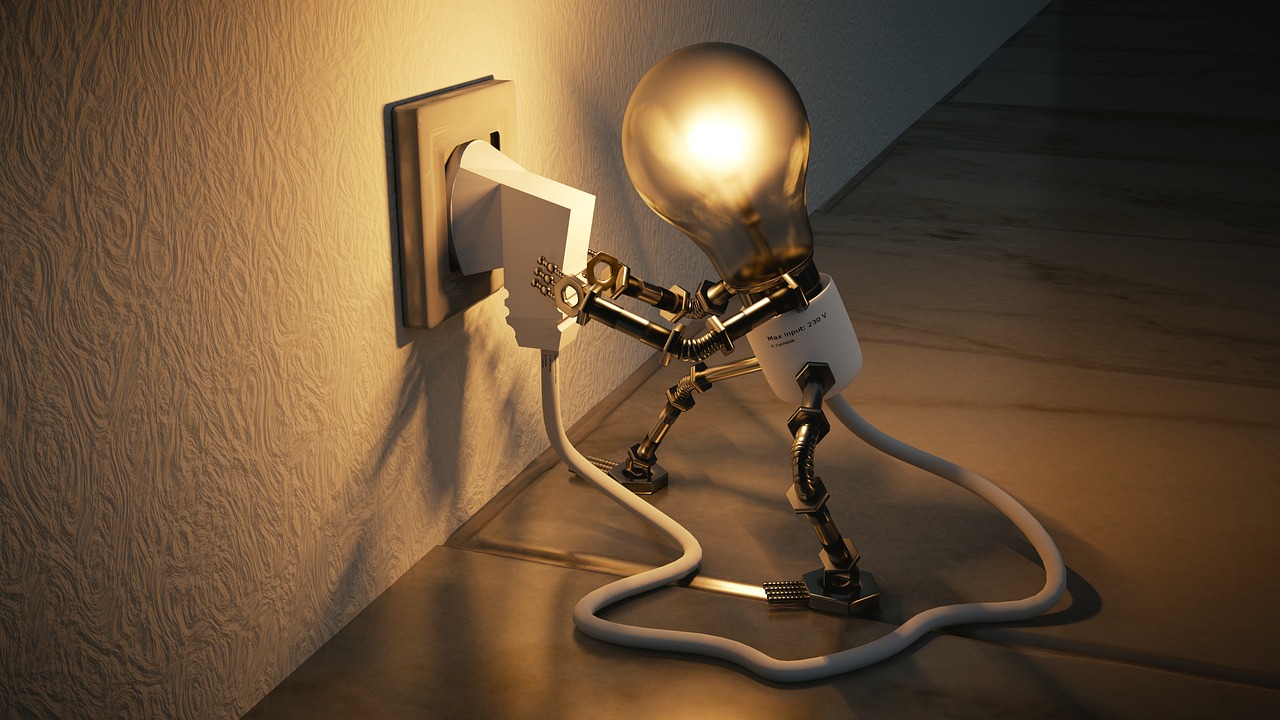In Antalya, especially in densely populated areas, the responsibility for electricity and water bills owed by tenants living in multi-story buildings is a frequent source of confusion for both tenants and property owners. In this article, we will provide detailed information on who is responsible for these bills, based on the legal framework in Antalya. We will explore the issue through various scenarios, explaining potential issues and possible solutions.
The Importance of the Lease Agreement
The lease agreement forms the foundation of the relationship between the tenant and the landlord. Billing for electricity and water consumption should be clearly stated in this agreement. If the agreement doesn't clearly define who is responsible for paying the bill, potential disputes are inevitable. Even if it's not stated in the agreement, the generally accepted practice is that tenants must pay for their own electricity and water consumption. However, there are exceptions to this rule. For example, if the agreement stipulates that the tenant pays for the maintenance fee, and the maintenance fee includes water and electricity, the situation may differ. Therefore, it's crucial to carefully review the lease agreement and resolve any ambiguities.
The Role of the Condominium Owners' Board
The property owners' council is responsible for managing the building's common areas. However, they do not have the authority to directly manage electricity and water consumption for individual apartments. Their role is to ensure the maintenance and repair of water and electricity systems throughout the building and to resolve any malfunctions. The property owners' council has no direct responsibility for individual tenant debts. However, in the event of excessive consumption due to a serious water leak or electrical fault throughout the building, the property owners' council's role in determining liability may be significant. In such cases, they are required to take the necessary steps to identify and resolve the problem.
Consumption in Common Areas
Electricity and water consumption in common areas of a building (stairs, elevators, etc.) are generally covered by the property owners as part of their common expenses. These expenses are collected through dues determined by the property owners' council. Tenants are not directly responsible for consumption in common areas.
Tenant Liability and Enforcement Proceedings
Tenants are responsible for paying the electricity and water they consume in their apartments. If these payments are not made, the relevant authorities (electricity and water companies) may initiate enforcement proceedings. In such cases, the tenant is the subject of the enforcement proceedings, and their assets may be seized. Apartment owners cannot be held directly responsible for tenants' debts.
Landlord's Responsibility
Landlords are not responsible for tenants' debts unless otherwise stipulated in the lease. However, landlords should be careful when selecting tenants and take the necessary precautions to prevent potential problems. For example, they should verify the prospective tenant's financial situation and background to ensure they have the ability to pay. Furthermore, it's important to clearly define payment terms in the lease to avoid potential disputes.
What to Do in Case of Disagreement
If a dispute arises between a tenant and landlord regarding electricity and water bills, the issue should first be resolved through mutual negotiations. If an agreement cannot be reached, legal action may be taken. It is important to seek legal advice from a lawyer to protect your rights and find the most appropriate solution.
Things to Consider When Changing Tenants
When a tenant changes, the companies responsible for monitoring and collecting the old tenant's electricity and water bills are responsible. The new tenant is not responsible for the old tenant's debts. However, the new lease should clearly state the responsibility for paying electricity and water bills. A clear understanding between both parties will help prevent potential problems.
Determining tenants' responsibilities for electricity and water bills in Antalya requires detailed due diligence and accurate legal knowledge. The information above is a general guideline, and each situation should be evaluated based on its specific circumstances. When encountering any legal issues, it's best to seek legal advice from a legal professional.


